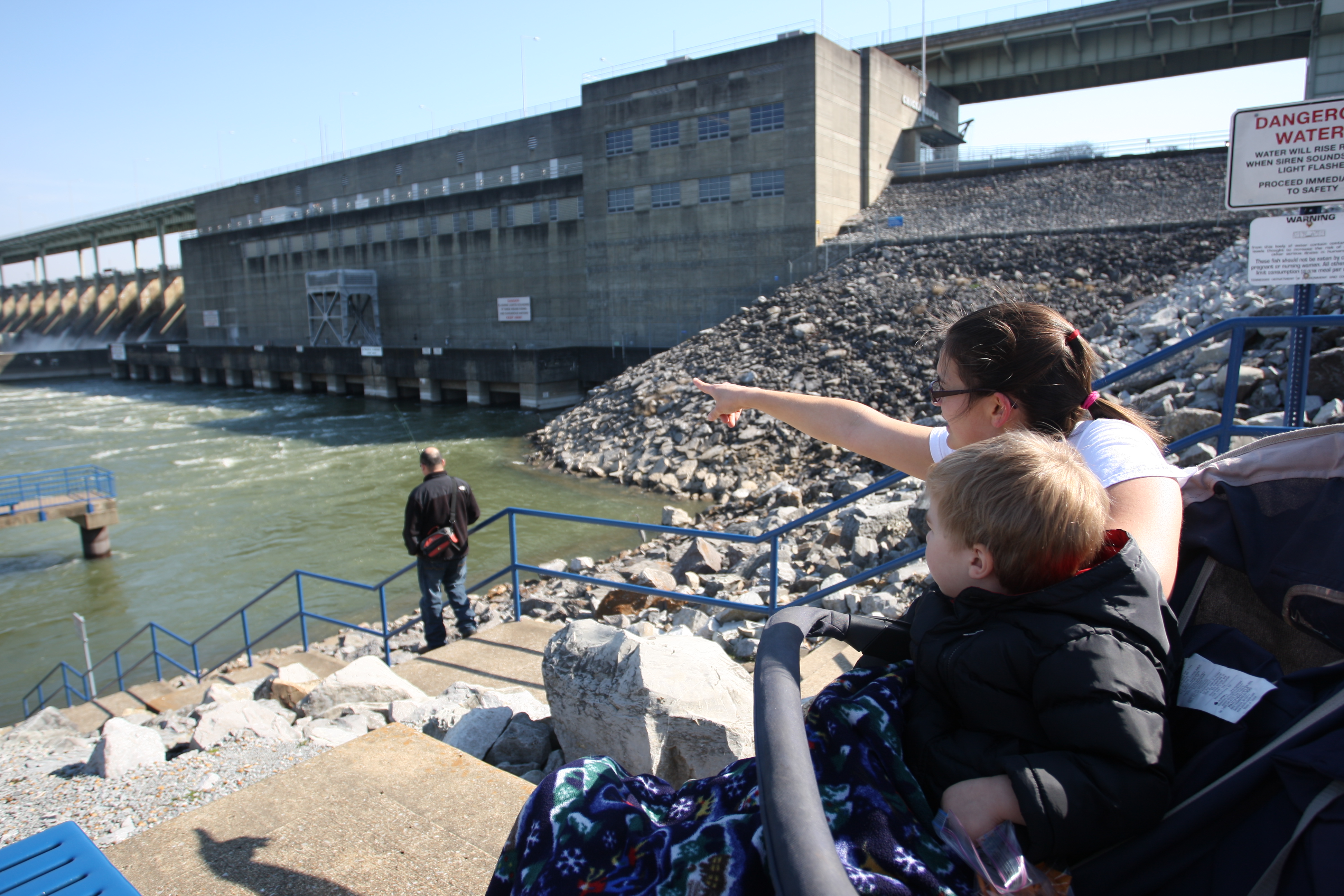Winter ExtremesHigh72 degrees, Dec. 3, 9; Feb. 12Low21 degrees, Feb. 17Average tempsDecember48.1January45.4February44.1Most rainfallJan. 302.17 inchesJan. 13-155.38 inches
While the first official day of spring is Wednesday, Chattanooga residents would agree that warmer weather visited the area much sooner than the calendar predicted.
Average temperatures this winter were 5 to 6 degrees above historic averages, and the area received 4 more inches of rain than usual.
But the averages don't tell the whole story.
Paul Barys, chief meteorologist for WRCB-Channel 3, said this winter was "more of a roller coaster ride."
There was a 51-degree difference in temperature extremes, from 21 degrees in February to 72 degrees on three days in December and January.
"This winter we've had warm-ups followed by some significant cool-offs," said Andrew Pritchett, meteorologist for the National Weather Service office in Morristown, Tenn.
In these parts, warm winters often come in pairs. Despite this season's ups and downs, the average temperatures for this winter and last are only a degree apart.
These tropical-feeling "winters" often take residents by surprise, but the truth is they aren't as unusual as some think, Pritchett said. The winters of 1997-99 and in 2001 and 2002 were milder than normal, said Pritchett.
But the last 10 to 15 years have been more characterized by "peaks and valleys," said Pritchett. Average temperatures for December through February of 2010-11 were just 40.4 degrees, and for 2009-10, 38.3.
What does it all mean?
A mild winter certainly doesn't guarantee the spring and summer will follow suit, but Pritchett said the next three months look to be unseasonably warm, as well.
More temperate winters tend to make conditions better for plants. And pests.
The balmy atmosphere has caused winter crops, like wheat, to mature more rapidly than normal. Norman Edwards, Walker County Extension agricultural agent, said that, on the whole, this is a good thing. Unless there's a late cold snap.
"If that wheat gets too much growth on it ... and then we have a hard freeze, it could damage it," he said. "But right now, things are going along pretty good."
And as many allergy sufferers know all too well, more plants mean more pollen. Allergists say this year's pollen counts will be very high.
"If you have a mild winter, you always have a severe allergy season," said Lee Perry, an allergist at the Chattanooga Allergy Clinic.
Perry said last Monday, the pollen count peaked at 901. Last year, "pollen counts were off the charts," he said. "It's looking like this year will be similar."
Mosquito populations are expected to be high, too.
Brad Ledford, owner of Chattanooga Mosquito Squad, estimates that the mosquito population doubled last year after the warm, wet winter. He believes this year's mosquito numbers will be similar to last year's.
"Last year we did see a huge population boom," he said.
So as you dig out your flip-flops and your tank tops in preparation for the coming sunshine, it may be best to stock up on allergy medicine and bug repellent, too. Just in case.

